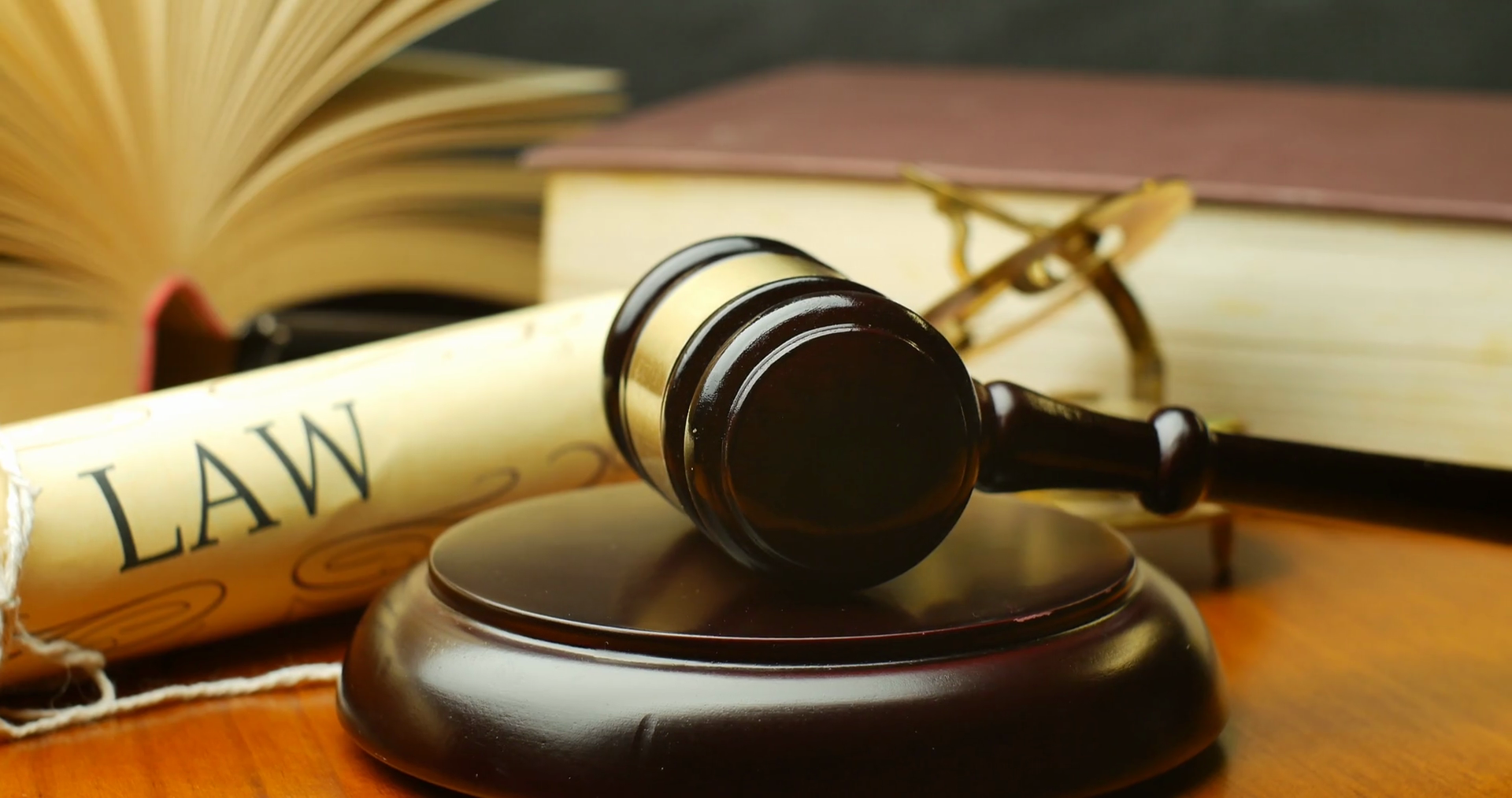Have you ever wondered why your townhome community has certain rules and who makes sure everything looks nice and runs smoothly? That’s where Homeowners Associations (HOAs) come in. They manage common areas, enforce rules, and help residents enjoy a well-maintained environment. But recently, the way these associations operate has changed significantly thanks to Florida House Bill 1203, which was signed into law by Governor DeSantis on May 31, 2024, and took effect on July 1, 2024.
Why This Legislation Happened
Over the years, many homeowners felt left in the dark about how their communities were managed. There were concerns about transparency and accountability, with some board members and managers not always acting in the best interests of the community. To address these issues and improve the overall governance of HOAs, Florida lawmakers introduced House Bill 1203.
A New Era of Transparency
Imagine being able to see all the important documents that govern your community with just a few clicks. House Bill 1203 makes this possible by requiring HOAs to post governing documents, like covenants, restrictions, and financial records, online. This means homeowners can easily access critical information, making it easier to understand the rules and regulations that keep the community running smoothly.
Strengthening Accountability
No one likes the idea of corruption or unfair practices, especially in their own community. House Bill 1203 introduces stricter measures to hold board members and managers accountable. It imposes criminal penalties for kickbacks and other forms of corruption, ensuring that the association operates with integrity. Plus, the bill enforces stricter meeting rules, requiring detailed notices of meetings so everyone has a chance to participate in decision-making processes.
Enhanced Educational Standards
Running an HOA isn’t just about enforcing rules; it’s about knowing the best practices and legal requirements. House Bill 1203 requires newly elected or appointed directors to complete a certain number of continuing education hours annually. This ensures that those in charge are well-informed and up-to-date, leading to better management of the community.
Financial Accountability
Money matters, especially when it comes to maintaining a community. House Bill 1203 introduces new financial accountability measures, like requiring certain associations to prepare audited financial statements. This helps prevent conflicts of interest and ensures that the association’s finances are managed responsibly. Additionally, the bill clarifies that simple interest, not compound interest, accrues on unpaid assessments and installments, protecting homeowners from unfair financial practices.
Improving Communication
Effective communication is key to a happy community. House Bill 59 complements House Bill 1203 by requiring HOAs to provide all members with copies of the association’s rules, covenants, and restrictions. These documents must also be posted on the association’s website, making it easier for homeowners to stay informed. The bill mandates that HOAs notify members of any updates or changes, fostering better communication and reducing the risk of misunderstandings or disputes.
Why Following These Statutes is Crucial
Following the statutes set forth by House Bill 1203 isn’t just about ticking boxes; it’s about creating a better community for everyone. Here’s why it’s important:
Improves Communication: Clear and consistent communication about rules, regulations, and any changes helps prevent misunderstandings and disputes. It ensures that all homeowners are aware of their rights and responsibilities, contributing to a harmonious living environment.
Promotes Trust and Engagement: When homeowners have access to all governing documents and financial records, it builds trust in the HOA’s management. Transparency encourages more homeowners to participate in meetings and decision-making processes, leading to a more engaged and cohesive community.
Ensures Fairness and Integrity: The accountability measures in House Bill 1203 protect homeowners from potential abuses of power and corruption. By holding board members and managers to higher ethical standards, the community can be assured that decisions are made in the best interest of all residents.
Enhances Management Quality: The requirement for continuing education ensures that those managing the HOA are knowledgeable and up-to-date with the latest best practices and legal requirements. This leads to more effective and efficient management of the community.
Protects Financial Health: Financial transparency and accountability measures help prevent mismanagement of funds and ensure that the HOA’s finances are handled responsibly. This is crucial for maintaining the community’s amenities and overall quality of life.
Key Insights
Transparency: Easy access to governing documents builds trust and keeps everyone informed.
Accountability: Stricter rules and penalties ensure fair and ethical management.
Education: Continuous learning for board members leads to better community management.
Financial Health: Clear financial practices protect homeowners and maintain community standards.
Communication: Effective communication reduces misunderstandings and fosters a cohesive community.
As a homeowner, it’s essential to stay informed and engaged with your HOA. Take advantage of the transparency provided by House Bill 1203 and review the governing documents available online. Participate in meetings, voice your opinions, and ensure that your community is managed with integrity and fairness. By actively contributing to your HOA, you can help create a more transparent, accountable, and well-managed community. Let’s work together to make our townhome communities the best they can be!



Leave a Reply
You must be logged in to post a comment.